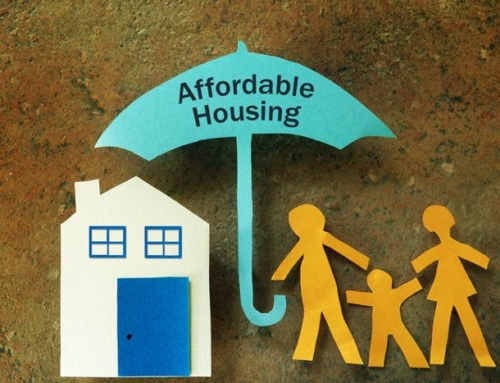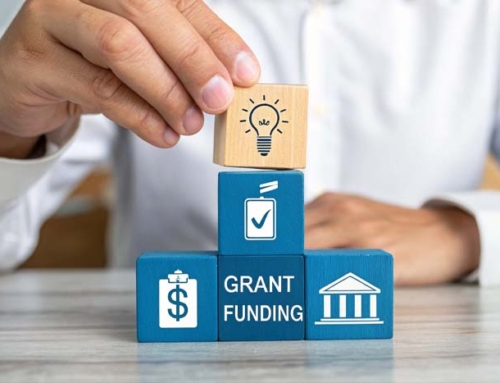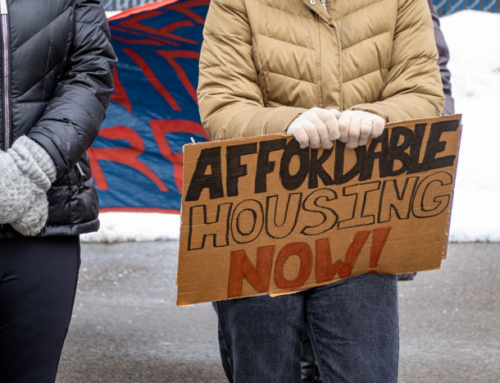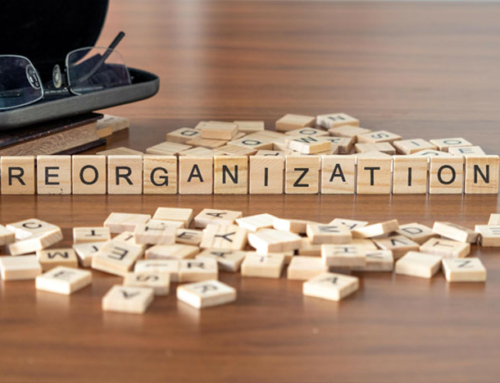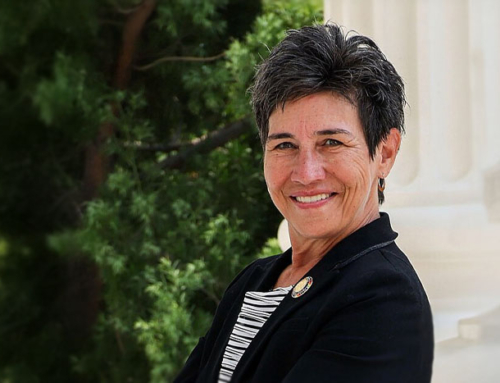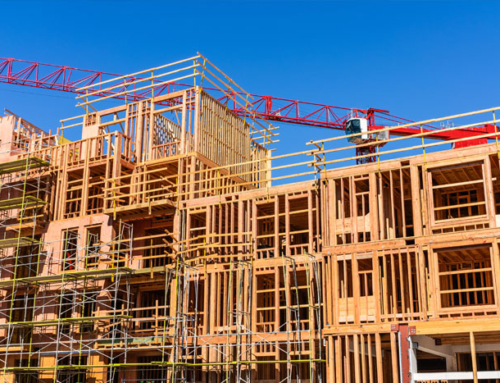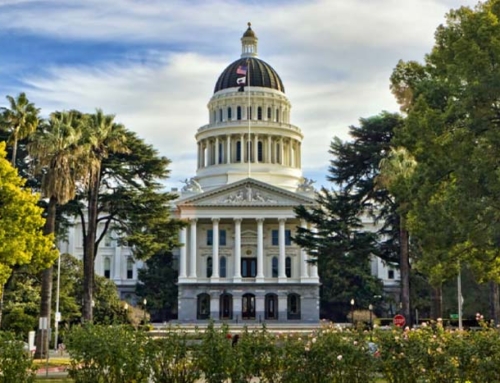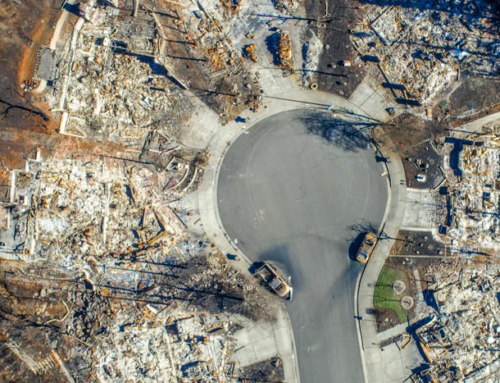On March 5th, California state voters will vote on Proposition 1, the Behavioral Health Services Program and Bond Measure, which crucially addresses the homelessness crisis through funding housing and shelter, a shift towards a greater acknowledgement of housing as a solution to homelessness. Proposition 1 will also restructure how individuals who are unsheltered and living with mental illness can receive care and expand the Mental Health Services Act (MHSA). Proposition 1 is the product of two laws passed during the 2023 legislative session – SB 326 (Eggman) and AB 531 (Irwin) – and received sweeping bipartisan support.
If passed, the proposition would:
- Change the MHSA that was passed by voters in 2004, allowing counties to expand substance use disorder (SUD) services, modernizing county allocations of funding, and renaming it to the Behavioral Health Services Act (BHSA).
- Approve the Behavioral Health Infrastructure Bond, a $6.4B bond to build more places for mental health care and drug or alcohol treatment and more housing for people living with mental health, drug, and/or alcohol challenges.
The MHSA currently funds counties’ provision of mental health care and drug and/or alcohol treatment through a tax on people with incomes over $1M per year. The proposition would change the MHSA / BHSA to require counties the fund the following three priorities with their allocations:
- Housing interventions for people living with serious mental illness or SUD who are experiencing homelessness or are at risk of homelessness. Such housing interventions would include rental subsidies, operating subsidies, shared housing, capital funding, shared housing, and family housing.
- Full Service Partnership (FSP) programs, the most effective model of comprehensive and intensive care for people at any age with the most complex needs, with a foundation of doing “whatever it takes” to help individuals on their path to recovery and wellness. FSP is key to successfully implementing the Governor’s CARE Court initiative.
- Behavioral Health Services and Supports, including early intervention, outreach and engagement, workforce education and training, capital facilities, technological needs, and innovative pilots and projects, to strengthen the range of services individuals, families, and communities need. The majority of this amount must be used for early intervention.
The proposition would also change the MHSA / BHSA to create new state-wide, state-led investments, including: population-based prevention programming, workforce investments to expand a culturally competent and well-trained behavioral health workforce; and statewide oversight and monitoring.
The proposition would additionally approve the Behavioral Health Infrastructure Bond, a $6.4B general obligation bond to build 11,150 new treatment beds and supportive housing units as well as outpatient capacity to help serve tens of thousands of people annually. This collective investment represents the single largest expansion of California’s behavioral health treatment and residential settings in the State’s history. Building off the success of Homekey, the proposition provides for $2B to support the conversion of hotels, motels, and other buildings into housing and the construction of new housing for those experiencing or at risk of homelessness and those living with mental health, drug use, or alcohol use disorders. Just over half of the $2B would be set aside for veterans.
This proposition aligns with the growing recognition that homelessness is a multi-system issue, and investment from and partnership between multiple sectors is required to holistically address this challenge. We will be watching to see how this proposition, if approved, will complement and expand existing programs such as CalAIM, the Behavioral Health Continuum Infrastructure Program (BHCIP), and Homekey.
© LeSar Holdings/LeSar Development Consultants. All Rights Reserved. Please be advised that any republishing of copyrighted material provided by our organization, in whole or in part, requires prior written authorization. For permission, please reach out to [email protected]. We appreciate your understanding and compliance in upholding copyright laws.






